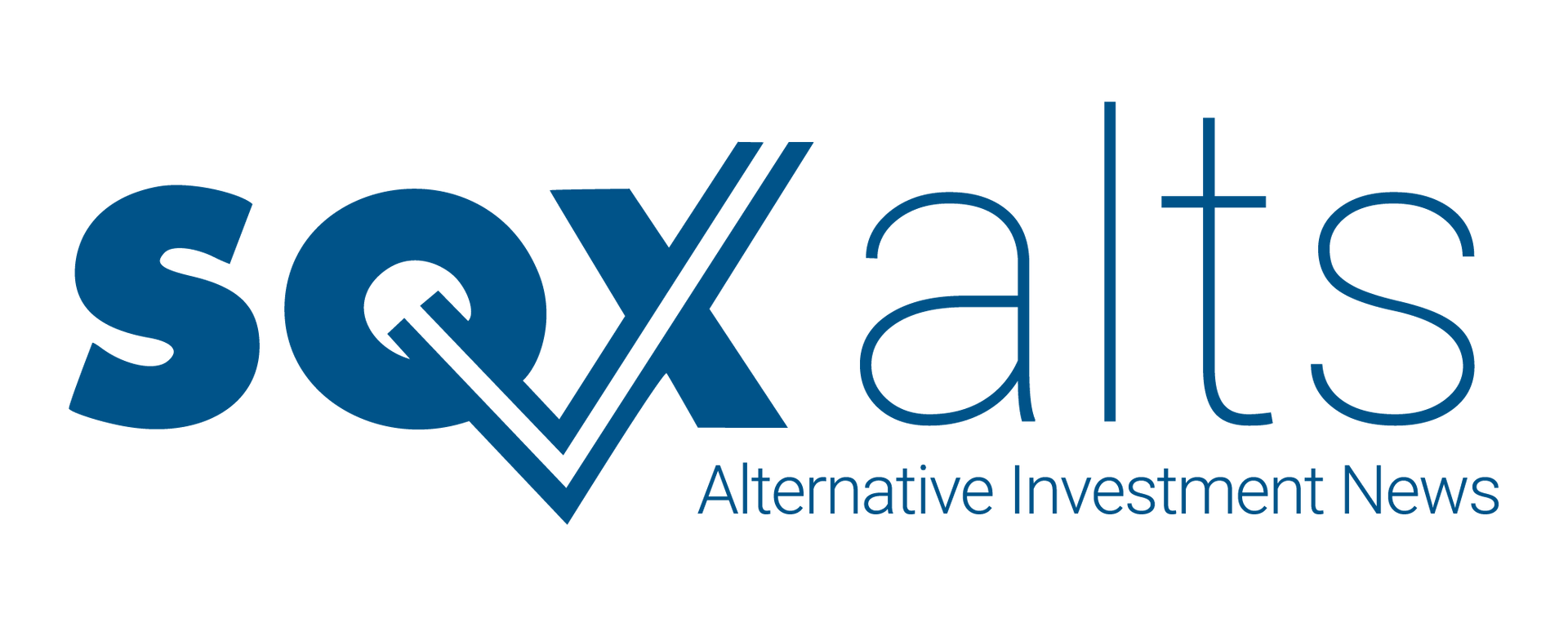Pacific Oak Reports $2.31 Drop in Share Value
Pacific Oak Strategic Opportunity REIT adjusts valuation to $5.72 per share amid declining asset values.
December 16, 2024

Adjusting Valuations Across Core Assets
The updated valuation reflects significant shifts across Pacific Oak’s diverse portfolio of office spaces, residential homes, and undeveloped land. As of September 30, 2024, the company’s consolidated real estate properties were valued at $1.4 billion, marking a 5.6% increase from their acquisition cost. However, declining appraisals for specific assets weighed heavily on the overall share value.
Among the notable properties affected was 110 William Street in New York City, valued using a 10-year discounted cash flow model. Market factors and operational adjustments influenced the property’s terminal capitalization and discount rates. Similarly, Pacific Oak’s residential portfolio, encompassing over 2,100 homes, saw valuation shifts as third-party automated models captured broader market corrections.
While the company’s investments in unconsolidated entities showed gains—such as a 27-cent per share increase in specific joint ventures—these improvements were insufficient to offset the broader asset depreciation. The reassessment underscores the challenges in balancing asset performance with market dynamics.
Key Drivers Behind Share Value Decline
The revised $5.72 per share estimate reflects a $2.31 decrease compared to the November 2023 valuation. Several factors contributed to this decline:
- Decreased Real Estate Valuations: A $2.51 drop in property values was primarily attributed to declines in fair market assessments and property dispositions.
- Capital and Leasing Costs: Investments in leasing and capital improvements reduced profitability, accounting for a $0.25 per share reduction.
- Debt Adjustments: Mortgage repayments and changes in bond values added pressure to the company’s overall valuation.
Modified funds from operations (MFFO), adjusted for leasing and financing costs, also contributed to the downward pressure on valuations.
Forward-Looking Strategies and Challenges
Pacific Oak’s board clarified that the estimated per-share value does not represent the company’s liquidation value but serves as a benchmark for financial reporting and regulatory compliance. As U.S. commercial real estate markets grapple with declining transaction volumes and increased uncertainty, the company faces a complex operating environment.
To address these challenges, Pacific Oak has emphasized the need for strategic portfolio adjustments, including property sales and reinvestment in growth-oriented ventures. Despite these efforts, external factors, such as fluctuating interest rates and tighter capital markets, continue to impact asset performance and valuations.
Historical Context and Strategic Outlook
The current valuation follows a long-term decline in Pacific Oak’s per-share value. In 2016, the company reported a peak valuation of $14.81, followed by consistent reductions in subsequent years. The latest $5.72 estimate highlights the ongoing impact of market corrections and operational costs.
Looking forward, the company aims to update its valuation methodologies and asset strategies by December 2025, integrating feedback from third-party appraisers and evolving market data. Pacific Oak remains committed to navigating current challenges while preserving shareholder value.





